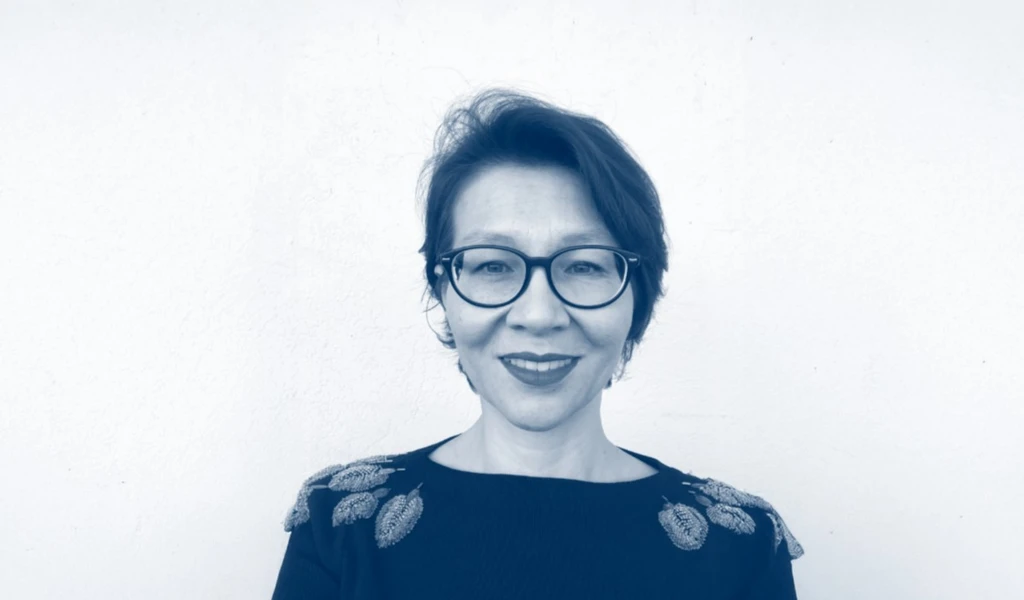This article was updated on 8.03.2024
CEPI's women scientists share their quick-fire tips for overcoming barriers to being a successful woman in science…
Through our #AskWomenInScience, launched as part of International Day of Women and Girls in Science, CEPI's women scientists share their experiences of being and succeeding as women in science. This three-part series aims to spotlight the crucial role of women in science, support aspiring girls and women scientists, and advocate for greater gender equality.
Part One explores the career experiences of CEPI's women scientists, from the best and worst career advice to the role models they have described as being most influential. In Part Two, we discuss the greatest challenges and barriers they have faced in their scientific careers. And in Part Three, our women scientists look at the biggest opportunities for aspiring girl and women scientists and highlight what changes are needed at a systemic level to attract more women into science.
Questions and responses have been edited for brevity and clarity.
What are the greatest challenges and barriers you have faced in your career in science?
Gathoni Kamuyu (Scientest): Building a successful scientific career often involves working internationally. This, coupled with limited funding opportunities for research and development in my home country, has meant long periods of working away from home and from essential family support and structure. My career ambitions, choices, and decisions still involve a great deal of juggling competing influences (such as childcare and family responsibilities). I navigate/overcome these challenges with the help of i) a very supportive husband, ii) a large life-sized calendar on our wall that allows us to keep track and manage our responsibilities and iii) a leap of faith and optimism!
Amy Shurtleff (Head of Animal Models): Probably lack of mentorship and women leadership available to me at a younger age. It was hard to find strong women role models in my early years of figuring out what I wanted to do, in graduate school and even during my postdoc.
Arminder Deol (Head of Data Science and Advanced Analysis): Competition was my greatest barrier and challenge, and my primary and secondary schools weren't the best, but I wanted to go to the best university in my subject area to have the greatest impact in my career. I aimed high and I got accepted. But seeing how many students were in the course, and that we'd all be competing for the same few roles after we graduate, I realised I needed a competitive advantage. So, during university, I started applying for summer jobs; I wrote to hundreds of professors telling them what I wanted to do and asking if they had any opportunities for me. And of those hundreds I wrote to, lots of rejections came my way. Lots. But I did get one or two positive responses per year. This opened up a lot of opportunities, some where I travelled overseas, and this actually gave me a competitive advantage when I finished university.
Rebecca Farkas (Director of R&D innovations): As a mother, I have faced many challenges, starting with a lack of maternity leave. New to a job at a large company, I was not eligible for US Family Medical Leave Act benefits or for the company parental leave benefits when we adopted our newborn daughter. I could not take paid leave, and I could not take unpaid leave without losing my family’s health insurance. Even now, I continue to struggle to reconcile my family life with a job that requires a lot of travel, often on weekends. These are not challenges that are unique to science careers, but they can be especially acute in professions that have been historically dominated by men with stay-at-home wives.
Valentina Bernasconi (Head of Laboratory Science): Working in a laboratory is challenging. But, in the country I come from, the biggest challenge is the lack of funds for research, that then turns into short terms contracts that do not give you a stable lifestyle.
It was hard to find strong women role models in my early years of figuring out what I wanted to do
What are your best tips for overcoming these challenges and barriers?
Amy Shurtleff: Not having a role model with strong leadership skills is hard to overcome, but I had great friends and peers at each stage, so I relied on them for input with problems and challenges.
Arminder Deol: My best tip is never to give up. And I always told myself only those who persist are the ones that succeed.
Rebecca Farkas: Systemic change may be elusive in the US for now, but organizations can always offer more than the minimum of what is legally required. Understanding managers can also go a long way in offering flexibility to their employees.
Valentina Bernasconi: It's a good idea to apply for funding. And look for opportunities outside your comfort zone: move abroad, take on a different role, and challenge yourself.
My best tip is never to give up... only those who persist are the ones that succeed.
In the third and final part of this series, see what opportunities CEPI's women scientists would like to see for the next generation of women scientists (Part Three).
And if you missed Part One, click here to learn about the career experiences of CEPI's women scientists, from the best and worst career advice to their most influential role models.



